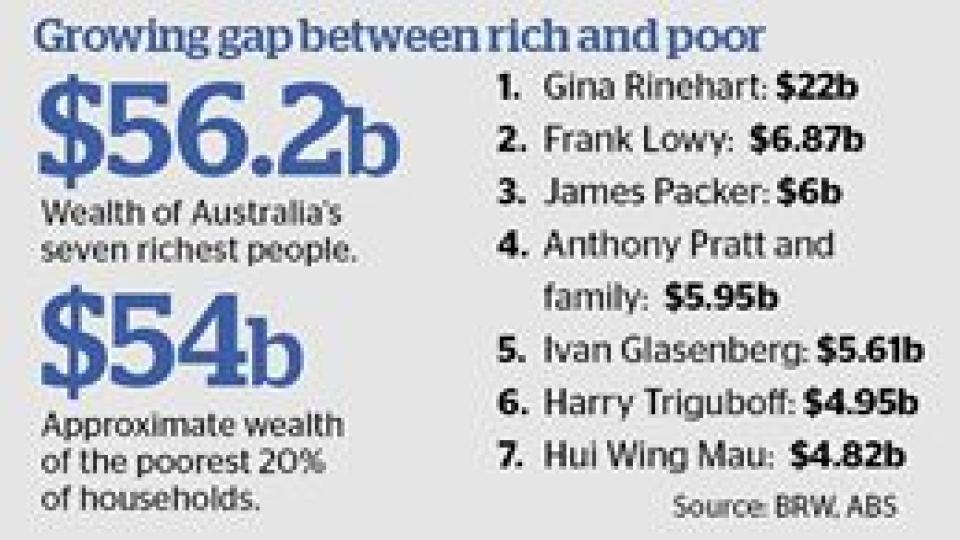Why blocking the budget is more urgent than ever

Prime minister Tony Abbott chalked up his first budget win on June 17 when the 2% “levy” on high income earners passed both houses of parliament. The next day, the Greens trumpeted the emergence of a double dissolution “trigger” when the Senate rejected the bill to abolish the Clean Energy Finance Corporation.
It is no coincidence that Abbott wanted the temporary tax on high-income earners to be the first budget measure passed. He wants people to believe his lie that “the burden” of this budget is “shared” by all sections of the community.
The truth is that this is the most draconian budget Australia has seen in the past 40 years. So why are Labor and the Greens so reluctant to block the budget in its entirety by blocking supply?
The arguments for doing so are clear. Abbott has no mandate to implement the dramatic measures in the budget, not even those who voted for the Coalition voted for this budget. The the only politician to publicly promise to vote against supply, said: “If the opposition and cross-benchers wave through the appropriation bills and leave their fight to the separate budget enabling legislation, then effectively they will have shown their support for the weight of the budget.” Watch his announcement here.
It is the most certain means to bring on a new election that would let the public decide the budget's fate.
In the case of Labor, the decision to vote for the supply bills is not a surprise. The ALP is hardly an upholder of radicalism. Their mission is to take turns with the Coalition at being “responsible” managers of capitalism. They basically share Abbott's agenda — governing for the corporate rich — but differ on occasion about the pace and the means by which to achieve it.
Many people expected better of the Greens. Greens leader Christine Milne labelled Wilkie's budget stance a “stunt”. Deputy leader Adam Bandt said it was “cute” but “moot” — since Labor would not block supply. But the Greens would never use the argument that “Labor supports it, therefore, we can't vote against” about mandatory detention of refugees.
Milne released a statement on June 1 with three arguments against blocking supply.
First, she said “the whole of government services would grind to a halt” if the Senate blocked supply. This is not true since most government expenditure — including all pensions and most public servants' salaries — are covered by standing appropriations.
It would also be possible to pass interim supply bills to enable the government to amend the budget or conduct a new election.
Second, she said that “blocking supply would not necessarily lead to a new election”. This is true, but it is hard to imagine another outcome. The alternative would be an amended budget.
Third, she said “the most reliable and most rapid way to force a fresh election on the Abbott government is by a double dissolution election”. This is not true. Deputy Liberal leader Julie Bishop told media on June 18 that “just because you're given a trigger [for a double dissolution], doesn't mean you have to pull it”.
In the current circumstances, it is hard to imagine the government choosing to go to a double dissolution election. It certainly would not be “rapid”.
The talk of a double dissolution election by Greens parliamentary spokespeople is an unfortunate disguise for the fact that they intend to vote for significant parts of the budget.
In contrast, some prominent Greens have been arguing the case for the Greens to block supply.
Whatever the outcome of this debate, there is only one option for progressive-minded people: to build grassroots resistance — such as the July 6 anti-budget actions organised by unions and March Australia committees — designed to pressure the opposition parties to block the budget and to lay the basis for successful struggles against any budget cuts the Coalition is able to implement.